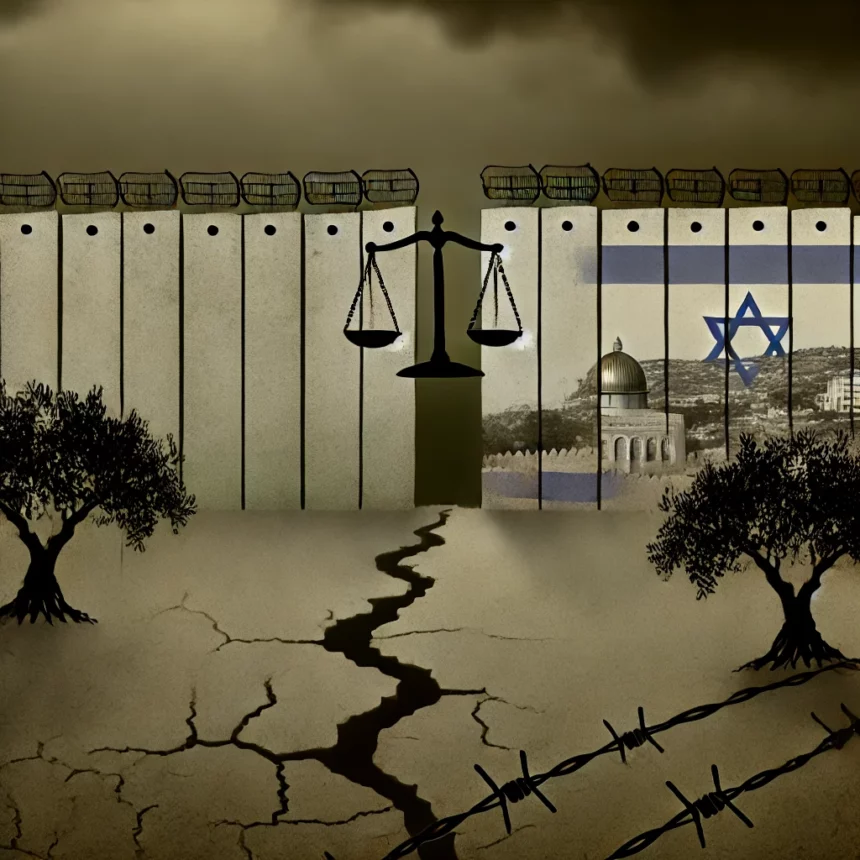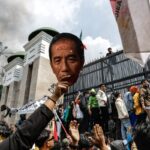Summary by Geopolist | Istanbul Center for Geopolitics:
B’tselem’s “Welcome to Hell” report outlines the systematic torture and ill-treatment of Palestinians held by Israeli police, a subject that has been brought to the forefront by the recent fighting with Hamas. This research, together with testimony from individuals such as Mohammed Abu Salmiya, raises severe concerns about human rights crimes and the jurisdictional problems they bring to the International Criminal Court (ICC). The charges point to a pattern of abuse that extends beyond traditional territorial lines, hindering the ICC’s ability to hold perpetrators accountable under international law.
These developments occur within the backdrop of broader discussions concerning the ICC’s competence to address alleged war crimes in the Israel-Palestine conflict, particularly given the transnational nature of the alleged crimes and Israel’s non-party status to the Rome Statute. The incident highlights the difficulties of enforcing international law in conflict zones where territorial jurisdiction is contested and human rights are habitually abused.
The implications of the B’tselem research are crucial since they reveal a continuous and systematic pattern of abuse that blurs the distinction between Israeli land and Occupied Palestinian Territories. This blurring of boundaries calls into question the International Criminal Court’s traditional understanding of territorial jurisdiction. It begs the question of whether the ICC can and should change its strategy to handle what appears to be an integrated and pervasive system of abuse spanning a de facto unitary state made up of both Israel and Palestine.
Furthermore, advocacy organizations such as the Public Committee Against Torture in Israel (PCATI) and the International Federation for Human Rights (FIDH) may propose a legal framework for understanding these abuses as part of a larger, interconnected campaign. This viewpoint may open the way for more broad international legal action, including crimes such as unlawful deportation or transfer and torture that may cross recognized state borders.
This predicament also serves as a test of the international community’s commitment to preserving international law in complicated geopolitical situations. The evidence provided by organizations such as B’tselem not only documents abuses, but also serves as a call to action for the international community to reconsider the mechanisms for enforcing human rights protections in areas where jurisdiction is disputed and political complexities impede simple legal proceedings.
The ICC’s continuous task will be to balance these legal interpretations with the political realities of the Middle East war, ensuring that justice and accountability are attained without increasing tensions or looking biased in a highly polarized setting. This balancing effort is critical not just to the ICC’s legitimacy, but also to the international legal system’s ability to manage and ameliorate global conflicts.
Read the full article here.







